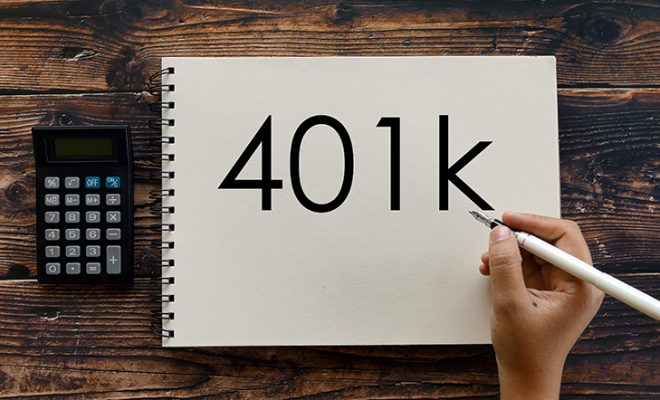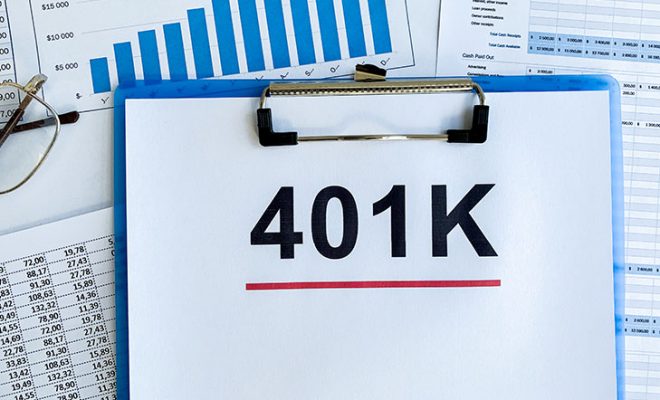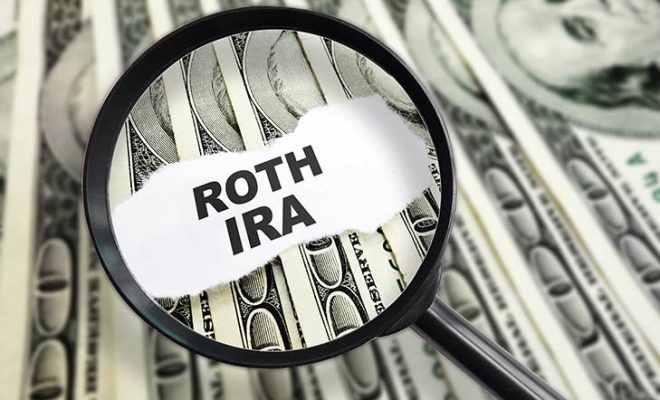What You Need to Know About 401(k) Taxation?

When building your retirement corpus, 401(k) plans appear as an attractive option. This employer-sponsored retirement savings account allows an average retiree to contribute up to $19,500 (in 2020) in pre-tax dollars. Further, your employers may match your contribution limits in a 401(k) account, making these plans all the more appealing. However, at the time of withdrawal or when you begin to take distributions from your 401(k) retirement account, you are subject to income tax and several other rules. In some cases, the IRS (Internal Revenue Service) can also levy hefty tax penalties.
So, if you wish to make the most of your 401(k) savings, here are some 401(k) taxation parameters to know:
- Taxes on contributions
A 401(k) account is by default a tax-deferred account. This means that all the money you put into this account is free of any income tax. Your employer deducts your 401(k) contribution from your paycheck before the income is subject to tax. Hence, when filing for a tax return at the end of the year, make sure to not double count your 401(k) contributions, as your employer would have accounted for it already. For example, assuming you earn $60,000 and contribute $6,000 into a 401(k) account. In this case, only $54,000 of your income becomes taxable as per the IRS. Your employer will only report $54,000 on your W-2 form. So, if you happen to deduct $6,000 as 401(k) savings, you will double count your contributions. Further, as your investments appreciate over time, the gains are also exempted from taxes. All these taxes are deferred until you begin to withdraw money from the 401(k) savings plan. That said, even though there is no income tax on contribution and growth, you are still liable to pay the FICA (Federal Insurance Contributions Act) or the payroll taxes. These taxes typically fund Social Security benefits and Medicare programs. For 2020, these taxes totaled up to 7.65% of your pay, where 6.2% is towards Social Security benefits and 1.45% for Medicare plans. These taxes are automatically deducted from your paycheck and sent to the government. - Taxes on distributions
As per the IRS, any money taken out from a 401(k) account is known as distribution and is to be taxed as regular income. Even though all your 401(k) contributions and earnings are tax-free, your withdrawals are subject to taxes according to the normal income tax rate. That said, you only pay taxes on the money you withdraw from the 401(k) account and not on the entire sum. So, if you have $100,000 in your 401(k) plan, but you withdraw only $10,000 over the years, you would pay tax only on $10,000. However, if you live in a state, like Alaska, Florida, Nevada, South Dakota, Texas, Washington, and Wyoming, where there is no income tax, you will not pay any money for state income taxes. Alternatively, you can choose to take out your money in a lump sum but that will push you into a higher tax bracket. Further, these distributions are not subject to any FICA taxes since you paid them at the time of contributing to the plan. - Taxes on distributions not taken
Even though you do not need to withdraw your retirement savings for a considerably longer time, the IRS mandates compulsory distributions after a specific age. According to the IRS, all 401(k) contributors have to start taking Required Minimum Distributions (RMDs) at the age of 72. Your RMD depends on your 401(k) balance and life expectancy. It is possible to delay RMDs by applying some exceptions. If you fail to take the entire sum of the RMD, or the RMD before the set date, the pending sum is taxed at 50%. However, the 2020 CARES act has waived RMDs for all retirement plans such as Individual Retirement Accounts (IRAs), 401(k)s, 403(b)s, etc. - Taxes on early withdrawals
The IRS allows you to take distributions from your 401(k) savings plan at the age of 59.5. But any money withdrawn before this age, unless specifically exempted by the IRS, will attract a 10% penalty. Moreover, early withdrawals from the 401(k) are treated and taxed as ordinary income. So, you pay an early withdrawal penalty and also federal and state income taxes on the sum that you withdraw. However, in some cases, the IRS does not levy this penalty. Some of these exceptional cases include total and permanent disability, loss of employment (not before the age of 55), hardship distributions (subject to approval by the employer), and a few others. These exclusions are known as qualified distributions. In some conditions, the IRS also waives income tax on the withdrawal. According to the IRS, any sum that is taken for ‘an immediate and heavy financial need’ is exempted from taxes. Such as, in case your medical expenses are not fully covered by your insurance plan and are above 10% of your adjusted gross income, you would not pay any taxes on 401(k) withdrawals taken to fulfill this specific need. Besides, there is a complete list of situations where the IRS does not levy any tax on early withdrawals. - Taxes on employer contributions
In a 401(k) account, some employers make matching contributions. These contributions are also pre-tax, and the IRS does not put any charge on them till the time they stay invested in a 401(k) account. However, you would pay income taxes even on these funds when you begin to take them out. So, at the time of withdrawals, the employer contributions are also treated similarly to yours. However, you are not to pay any payroll taxes on employer contributions, and this amount is not included in your upper limit of 401(k) contribution, which is $19,500 for 2020. - Taxes on 401(k) rollovers
The IRS allows you to redirect your 401(k) balance into an IRA or even to your new employer’s 401(k) account. If you choose to convert your 401(k) plan into an IRA, you gain long-term tax-deferred growth of funds and a wider range of investment choices as compared to a 401(k) account. Moreover, an IRA permits you to take out your money before the age of 59.5, without any penalty, if the purpose of withdrawals is a first-time home purchase or higher education. That said, be it an IRA or a new 401(k) account rollover, the IRS only allows a grace period of 60 days from the receipt of your 401(k) retirement plan distributions to do the conversion. If you redirect the money within this period, you do not pay any taxes or penalties on the amount withdrawn. Also, in your tax return, you will specify the transfer but will not pay any tax charge. In case you fail to make the transfer within the stipulated period, the IRS will treat the entire withdrawal as an early withdrawal and charge income tax. Moreover, you will also pay the 10% penalty if the funds were pulled before the age of 59.5. Alternatively, you can choose to opt for a direct 401(k) rollover. In this, your existing 401(k) balance is automatically transferred to another account like an IRA. Also, if you rollover your 401(k) into a Roth IRA, the IRS will charge income tax on the redirected funds unless you make the transfer before you turn 59.5.
To sum it up
401(k) tax rules can be complex. However, it is critical to understand them and ensure you comply with the terms to minimize your tax liability and eventually save more. You can also seek advice from professional financial advisors for this purpose.










